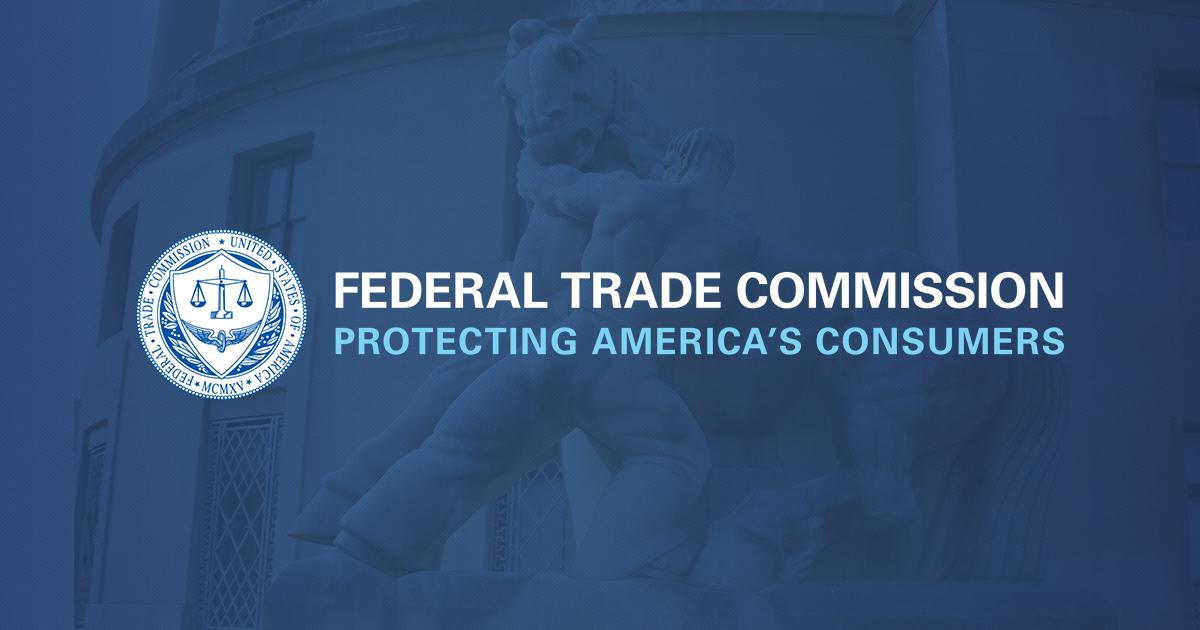Three individuals have agreed to settle Federal Trade Commission charges for their role in a massive scam that billed more than $34 million in unauthorized collect call charges to millions of consumers throughout the country.
Yaret Garcia, Erika Riaboukha, and Qaadir Kaid led three companies, collectively known as Nationwide, which billed consumers for nonexistent collect calls for more than two and a half years. In February 2006, the FTC charged them, their companies, and two other persons with unfair and deceptive billing in violation of the FTC Act. A federal judge halted the operation with a temporary restraining order, appointed a temporary receiver over Nationwide, froze the defendants’ assets, and barred them from engaging in unauthorized billing. The court continued this relief in a preliminary injunction order issued in March 2007.
In December 2007, the court entered a default judgment of more than $34 million against Nationwide, which the receiver is winding down. The FTC has settled its claims against the other defendants – Nationwide’s ringleader, Willoughby Farr, and his mother, Mary Lou Farr (see press releases dated March 8, 2008, and October 25, 2007).
The FTC also sued the billing aggregators – BSG Clearing Solutions North America, LLC, Billing Concepts, Inc., and ACI Billing Services, d/b/a OAN (collectively, BSG) and The Billing Resource, d/b/a Integretel – that billed and responded to complaints on behalf of Nationwide through their contracts with local phone companies (see press release dated October 10, 2006). In a stipulated final judgment entered in March 2008, the court barred BSG from, among other things, billing consumers for unauthorized telecommunications charges, and ordered it to pay $1.9 million to the FTC (see press release dated March 13, 2008). The case against Integretel is still pending.
The settlements announced today include monetary judgments of more than $34.5 million against Garcia and Riaboukha and a $75,000 judgment against Kaid. The settlements require Garcia and Riaboukha to surrender to the FTC all of the funds in their bank accounts and will result in the FTC receiving approximately $12,000 from Riaboukha and approximately $75,000 from Kaid and Garcia. Upon payment of these amounts, the judgments against Garcia and Riaboukha will be suspended based on their inability to pay more. The full judgments against them will be imposed if they are found to have misrepresented their financial condition.
The stipulated orders bar all three defendants from unauthorized telephone billing and from selling or renting consumers’ personal information obtained from Nationwide. The settlement with Kaid also bars him from being an officer or director of any business unless he controls, participates in, or knows about its daily operations. The settlements contain standard record-keeping provisions to allow the FTC to monitor compliance with the orders.
The Commission vote to authorize staff to file the stipulated final orders was 5-0. They were filed in the U.S. District Court for the Southern District of Florida.
NOTE: These stipulated final orders are for settlement purposes only and do not constitute an admission by the defendant of a law violation. A stipulated final order requires approval by the court and has the force of law when signed by the judge.
The FTC works for the consumer to prevent fraudulent, deceptive, and unfair business practices and to provide information to help spot, stop, and avoid them. To file a complaint in English or Spanish, click http://www.ftc.gov/ftc/complaint.shtm or call 1-877-382-4357. The FTC enters Internet, telemarketing, identity theft, and other fraud-related complaints into Consumer Sentinel, a secure, online database available to more than 1,600 civil and criminal law enforcement agencies in the U.S. and abroad. For free information on a variety of consumer topics, click http://ftc.gov/bcp/consumer.shtm.

